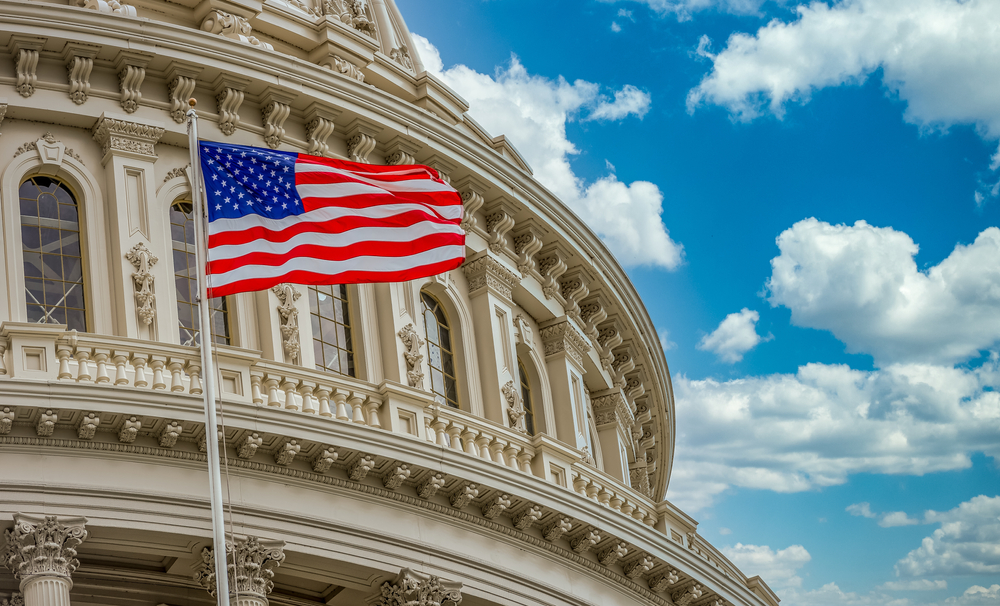In August of 2022, after much back-and-forth in Congress, the country’s top lawmakers passed the Camp Lejeune Justice Act (CLJA). The legislation paved the way for the victims of the contaminated water found at the Marine Corps base from 1953 to 1987 to sue the government for their injuries.
President Biden signed it into law on August 10, 2022, as part of the Sergeant First Class Heath Robinson Honoring our Promise to Address Comprehensive Toxics (PACT) Act, the wide-ranging bill established to support veterans injured by toxic exposure.
With the passing of the CLJA, victims believed they would soon receive deserved financial support from the Federal government.
Unfortunately, the vast majority of claimants still have not seen their Camp Lejeune claims processed. According to news reports, while more than 225,000 claims have been filed under the CLJA, the government has handed down less than 100 settlement offers and less than 50 of those have been accepted for payouts.
In an attempt to improve the process, two members of Congress, Rep. Deborah Ross (D- NC) and Rep. Greg Murphy (R- NC), have proposed new legislation, known as the Camp Lejeune Justice Corrections Act due to what Murphy described in the press release announcing the proposal as “unforeseen obstacles’’ with the original CLJA.
Congress established the Camp Lejeune Justice Act decades after toxins, including volatile organic compounds (VOCs) like trichloroethylene, tetrachloroethylene, vinyl chloride, and benzene, infiltrated two water treatment plants at Camp Lejeune.
One million people, both military personnel and civilians who either lived or worked on the base, are believed to have been affected by the contamination which has been linked to debilitating conditions including bladder, kidney, and liver cancers, leukemia, Parkinson’s disease, non-Hodgkin’s lymphoma, multiple myeloma, aplastic anemia as well as cancers of the lung, breast, larynx, thyroid and soft tissues.
The Camp Lejeune Justice Act provided a two-year legal window allowing victims to file a Camp Lejeune claim with the government. If claims are denied and a settlement is not reached, Camp Lejeune lawsuits can be filed within the U.S. District Court for the Eastern District of North Carolina.
Guide to the Camp Lejeune Justice Corrections Act
With the Camp Lejeune claims deadline fast approaching (the window closes on August 10, 2024), claimants have grown frustrated with what appears to be bottlenecks in the claims process. So how could the Camp Lejeune Justice Corrections Act help?
The three main pieces of the Camp Lejeune Justice Corrections Act include expanding jurisdiction over Camp Lejeune claims to multiple courts; clarifying a victim’s right to a trial before a jury and requiring a cap on attorney fees.
Expansion of Jurisdiction: A primary reason the group of lawmakers has moved forward with the Camp Lejeune Justice Corrections Act is because of the backlog of cases inside the U.S. District Court for the Eastern District of North Carolina. While some believe keeping the Camp Lejeune claims limited to the District is necessary, others, including Murphy and Ross, believe allowing more courtrooms to handle cases would alleviate the overwhelming caseload in the sole federal court now responsible for the claims, resulting in faster decisions for victims.
Camp Lejeune Jury Trials: When the CLJA went into effect in 2022, many victims believed they would be able to have their day in court, with a trial, in front of a jury. However, judges within the Eastern District of North Carolina court system decided otherwise. On Feb. 6, they sent out a ruling dictating that the CLJA did not expressly provide for jury trials.
“Congress did not clearly and unequivocally depart from its usual practice of not permitting a jury trial against the United States” when it passed the 2022 legislation to compensate victims of the contamination,” the ruling said.
Under the proposed Camp Lejeune Justice Corrections Act, this would not be the case. The proposed wording under the new law would specifically permit trials to “be tried by the court with a jury.”
Lawyer fees: The new law acknowledges a concern involving lawyer fees. Since the inception of the CLJA, lawmakers and victim advocates have wanted to limit how much clients would be required to pay a lawyer for their work on a Camp Lejeune claim. You can file a claim without the help of a lawyer, but hiring a Camp Lejeune attorney is highly recommended with the impending August 10 deadline. An attorney well-versed in the CLJA will understand what documentation is necessary to increase your chance of a successful claim and will ensure a claim is filed on time. Unfortunately, there are some lawyers and others who want to take advantage of Camp Lejeune victims.
The proposed law would mandate a 20 percent cap on any Camp Lejeune claim settlement and a 25 percent cap on any settlement or judgment entered into after a civil lawsuit.
When announcing the proposed law, Ross, like Murphy, stressed that the two-year-old Camp Lejeune Justice Act did open the door to make it possible for victims to seek damages in court, after years of struggle. However, Ross also stressed that in the last several months it is clear that “needed reforms’’ should be made.
For Ross, the Camp Lejeune Justice Corrections Act would ensure victims “do not face financial or logistical barriers to pursuing the long-overdue remedies they are owed.”













